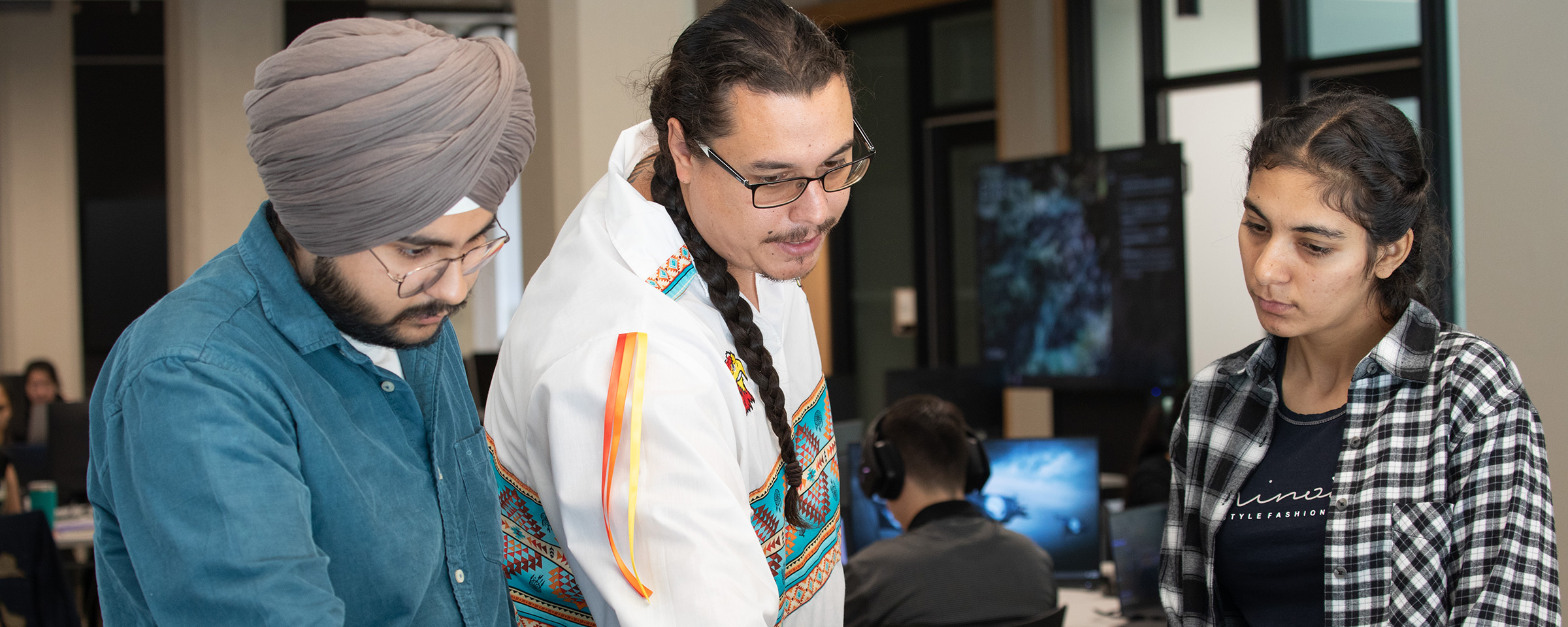


RRC Polytech has established long-standing partnerships collaborating with industry and community stakeholders (partners) in Work-Integrated Learning (WIL) initiatives. These WIL opportunities allow RRC Polytech students to apply their knowledge beyond the classroom, in a workplace setting alongside industry or community partners. Our programs offer various types of Work-Integrated learning opportunities.
Work-Integrated Learning is a form of curricular experiential education that integrates academic studies with quality experiences within a workplace or practice setting. WIL experiences include an engaged partnership between an academic institution, a host organization, and a student. WIL focuses on the development of student learning objectives and outcomes related to employability and life-long learning.
Get in touch with us to learn more about RRC Polytech’s Work-Integrated Learning programs, term dates and opportunities.
Contact UsRRC Polytech campuses are located on the lands of Anishinaabe, Ininiwak, Anishininew, Dakota, and Dené, and the National Homeland of the Red River Métis.
We recognize and honour Treaty 3 Territory Shoal Lake 40 First Nation, the source of Winnipeg’s clean drinking water. In addition, we acknowledge Treaty Territories which provide us with access to electricity we use in both our personal and professional lives.